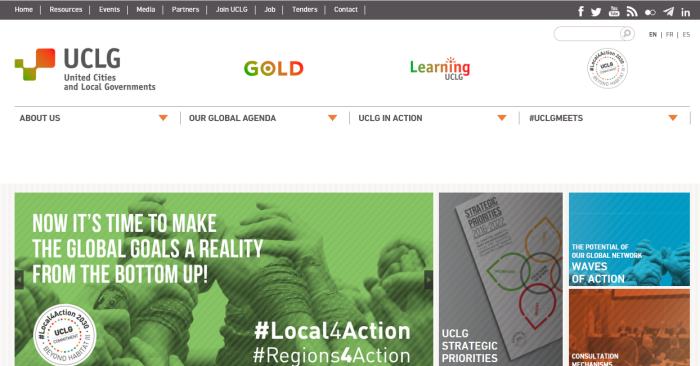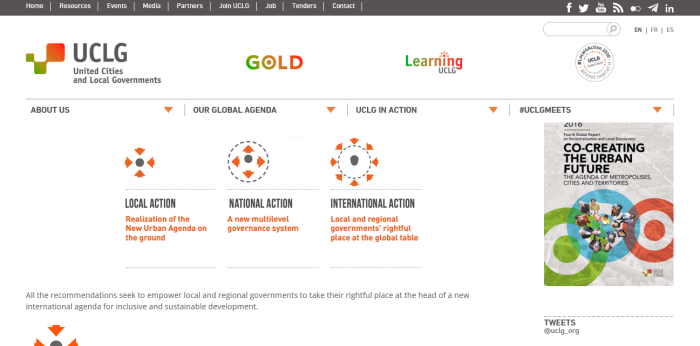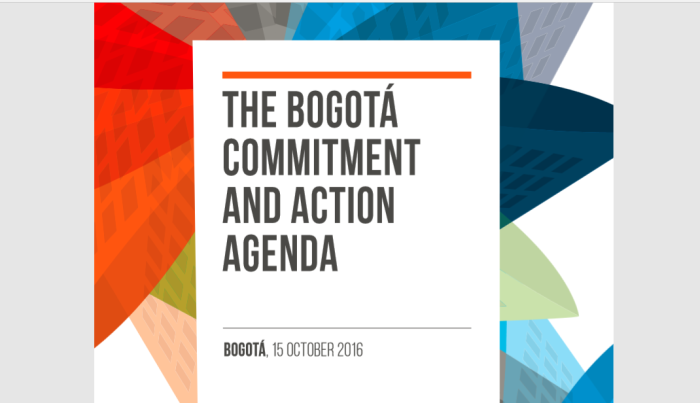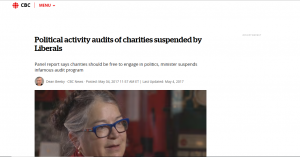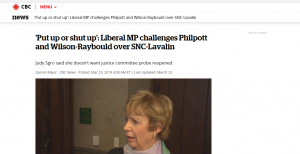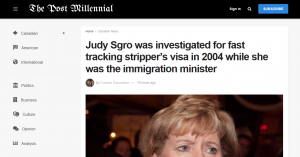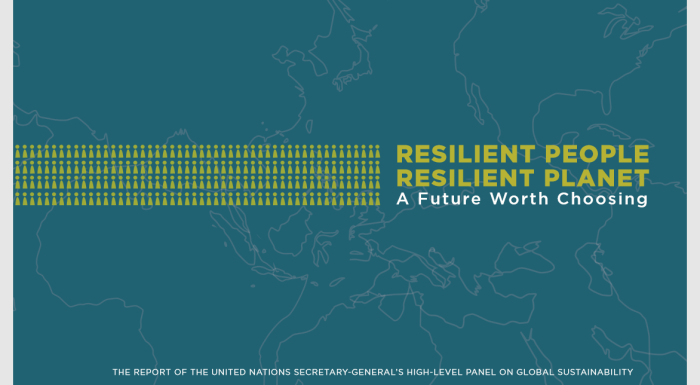

Jordan Peterson contributed to the U.N. Secretary General’s High Level Panel on Sustainable Development. This certainly raises a lot of questions.
1. Free Speech Hypocrisy
2. Important Links
(1) Peterson deplatforms Faith Goldy at free speech event
(2) Peterson’s free speech cognitive dissonance
(3) Peterson Threatens To Sue A Critic
(4) Peterson files frivolous lawsuit against Laurier University
(5) http://archive.ipu.org/splz-e/rio+20/rpt-panel.pdf
(6) Sustainable Development Agenda Unformatted Final Text
(7) https://www.un.org/en/development/desa/policy/untaskteam_undf/HLP%20P2015%20Report.pdf
(8) HLP P2015 Report Sustainable Development Agenda
(9) https://www.un.org/sg/sites/www.un.org.sg/files/documents/management/PRpost2015.pdf
(10) High Level Panel Rpost 2015
(11) https://uscib.org/docs/GSPReportOverview_A4%20size.pdf
(12) Resilient People Resilient Planet GSP Report Overview
(13) https://digitallibrary.un.org/record/722600?ln=en#record-files-collapse-header
(14) High Level Panel On Sustainable Development Peterson Named
(15) https://www.jordanbpeterson.com/about/
(16) Peterson Confirms UN Involvement (See 1:09)
(17) Peterson Again Confirms UNSDA Involvement With Publication
(18) https://nationalpost.com/news/world/jordan-petersons-popular-12-rules-book-banned-by-new-zealand-booksellers-because-of-christchurch-mosque-massacre
(19) https://hlpf.un.org/
Note: At the risk of this looking like a hit-piece, the right in Canada should be very wary about embracing this “free speech” warrior as one of their own.
And what did this work ultimately contribute to?
3. UN Agenda 2030
Peterson’s Biography
Raised and toughened in the frigid wastelands of Northern Alberta, Dr. Peterson has flown a hammer-head roll in a carbon-fiber stuntplane, piloted a mahogany racing sailboat around Alcatraz Island, explored an Arizona meteorite crater with a group of astronauts, built a Native American Long-House on the upper floor of his Toronto home, and been inducted into a Pacific Kwakwaka’wakw family (see charlesjoseph.ca). He’s been a dishwasher, gas jockey, bartender, short-order cook, beekeeper, oil derrick bit re-tipper, plywood mill laborer and railway line worker. He’s taught mythology to physicians, lawyers, and businessmen; worked with Jim Balsillie, former CEO of Blackberry’s Research in Motion, on Resilient People, Resilient Planet, the report of the UN Secretary General’s High Level Panel on Global Sustainability; helped his clinical clients manage the triumphs and catastrophes of life; served as an advisor to senior partners of major Canadian law firms; penned the forward for the 50th anniversary edition of Aleksandr Solzhenitsyn’s The Gulag Archipelago; lectured to more than 250,000 people across North America, Europe and Australia in one of the most-well attended book tours ever mounted; and, for The Founder Institute, identified thousands of promising entrepreneurs, in 60 different countries.
So What’s In This Report?
Disclaimer: The members of the panel endorse the report and generally agree with its findings. The members think that the message of this report is very important. The recommendations and the vision represent the consensus the panel members reached, but not every view expressed in this report reflects the views of all individual panel members. panel members naturally have different perspectives on some issues. if each panel member had individually attempted to write this report, she or he might have used different terms to express similar points. The panel members look forward to the report stimulating wide public dialogue and strengthening the common endeavour to promote global sustainable development.
Let’s set this straight. The members, by and large, support the content of the report. Although there may be small discrepancies, on the whole they agree with the content.
The panel also wishes to thank the civil society organizations that shared their valuable ideas and views during a series of consultations coordinated by the United Nations Non-Governmental liaison service. The full list of contributors from civil society is available from www.un-ngls.org/gsp. furthermore, the panel interacted at various meetings with senior representatives of the following organizations: civicUs: World alliance for citizen participation, eTc Group, the Global campaign for climate action, the huairou commission, oxfam international, stakeholder forum, sustainUs and the World resources institute.
Interesting list of “organizations” that shared their views.
Priority Areas For action Include:
• delivering on the fundamentals of development: international commitments to eradicate poverty, promote human rights and human security and advance gender equality
• advancing education for sustainable development, including secondary and vocational education, and building of skills to help ensure that all of society can contribute to solutions that address today’s challenges and capitalize on opportunities
• creating employment opportunities, especially for women and youth, to drive green and sustainable growth
• enabling consumers to make sustainable choices and advance responsible behaviour individually and collectively
• Managing resources and enabling a twenty-first-century green revolution: agriculture, oceans and coastal systems, energy and technology, international cooperation
• building resilience through sound safety nets, disaster risk reduction and adaptation planning
1/ As with all UN causes, a virtue signal towards human rights and gender equality.
2/ Advancing education? Propaganda in the classrooms?
3/ Make work projects with age and gender quotas. Okay.
4/ Advance responsible behaviour? Will there be some sort of “social credit system”?
5/ Environmental systems to be managed globally
6/ Disaster reduction, as in climate change I assume
Policy Action Needed On
• incorporating social and environmental costs in regulating and pricing of goods and services, as well as addressing market failures
• creating an incentive road map that increasingly values long-term sustainable development in investment and financial transactions
• increasing finance for sustainable development, including public and private funding and partnerships to mobilize large volumes of new financing
• expanding how we measure progress in sustainable development by creating a sustainable development index or set of indicators
This is going to be a globalist money pit, with cash flooding from all over the world to achieve some vague goals. And regulating the costs of goods and services? How very Communistic of you.
(Page 50, Box 13): The Growing Use of Emissions Trading
“cap and trade” emissions trading systems allow environmental damage to be reflected in market prices. by capping emissions, they guarantee that the desired level of emission reduction is achieved; and by allowing trading, they give business the flexibility to find the cheapest solutions, while rewarding investment in low-carbon technologies and innovation.
This is the climate change scam on steroids. Carbon dioxide is not pollution, despite what the UN says. Under this scheme, “pollution” can be offset by buying credits, which of course does nothing to actually reduce emissions.
(Page 64): Institutionalised Governance
The present section examines aspects of governance and coherence for sustainable development at the national and global levels. it also pays special attention to holding all actors accountable for achieving sustainable development, and many of the recommendations put forward are designed to strengthen accountability at all decision making levels
This is taking the actual decision making ability away from the people who are elected by and accountable to their citizens.
(Page 30) Education
67. investing in education and training provides a direct channel to advancing the sustainable development agenda. it is widely recognized as a tremendously efficient means to promote individual empowerment and lift generations out of poverty, and it yields important development benefits for young people, particularly women.
.
68. primary education for all, in particular, is a precondition for sustainable development. despite real progress, we are still not on track to achieving Millennium development Goal 2 by ensuring that all children, boys and girls alike, achieve a full course of primary schooling by 2015. instead, 67 million children of primary school age remain out of school and are still not receiving a primary education. The gap is especially critical for girls, who as of 2008 still made up more than 53 per cent of the out-of-school population. basic education is essential to overcoming barriers to their future employment and political participation, as women presently constitute roughly two thirds of the 793 million adult illiterates worldwide.
.
69. The Millennium development Goal on universal primary education has not yet been met, owing in part to insufficient funds, although other barriers exist. international means to supplement funds and support local and national efforts could help to overcome challenges such as teacher shortages and lack of infrastructure. The World bank’s Global partnership for education provides one model to help countries develop and implement sound education strategies.
.
70. While primary education is the foundation of development, post-primary and secondary education and vocational training are as crucial in building a sustainable future. every added year of education in developing countries increases an individual’s income by 10 per cent or more on average. studies also show that women in developing countries who complete secondary school have on average one child fewer than women who complete only primary school, leading to more economic wealth within families and decreased intergenerational poverty. Moreover, post-primary education based on a curriculum designed to develop key competencies for a twenty-first-century economy — such as ecosystem management, science, technology and engineering — can encourage innovation and accelerate technology transfer, as well as provide skills vital for new green jobs. yet today it is estimated that fewer than a quarter of children complete secondary school.
I can’t be the only one thinking that this “global” education push will just lead to propaganda to be used against children. Rather than teaching the basics, kids will be indoctrinated about how to be good global citizens.
Also worth noting, wherever this education takes root, it leads to young children being exposed to highly sexual content.
4. (Page 54) Innovative Sources of Financing
158. other innovative sources of financing can be used at the global, regional or national level as a way of pricing externalities, as well as of generating revenue that can be used to finance other aspects of sustainability. The reform of tax systems to shift taxation away from employment and towards consumption and resource use can help incentivize greener, more resource-efficient growth. Tax deductions to incentivize sustainable behaviour can also be highly effective.
.
159. While the political acceptability of innovative sources of finance and new fiscal measures will vary by country, as past efforts have shown, recent years have seen particular attention paid to the potential for this kind of approach to be used at the global level. The panel discussed and agreed on the need to further explore new areas of innovative sources of finance. This could build on, for instance, the work of the high-level advisory Group of the secretary-General on climate change financing. in terms of sources, a number of categories were identified by the advisory Group (see box 16).
.
160. a number of important sectors of the global economy are currently untaxed, despite the externalities they generate; these include emissions from fossil fuel combustion in the international maritime and aviation sectors. a tax on the most important energy-related greenhouse gas, carbon dioxide, would be another economically efficient means of addressing externalities.
recommendation 27
161. governments should establish price signals that value sustainability to guide the consumption and investment decisions of households, businesses and the public sector. in particular, governments could:
.
a. establish natural resource and externality pricing instruments, including carbon pricing, through mechanisms such as taxation, regulation or emissions trading systems, by 2020;
.
b. ensure that policy development reflects the positive benefits of the inclusion of women, youth and the poor through their full participation in and contribution to the economy, and also account for the economic, environmental and social costs;
.
c. reform national fiscal and credit systems to provide long-term incentives for sustainable practices, as well as disincentives for unsustainable behaviour;
.
d. Develop and expand national and international schemes for payments for ecosystem services in such areas as water use, farming, fisheries and forestry systems;
.
e. Address price signals that distort the consumption and investment decisions of households, businesses and the public sector and undermine sustainability values. governments should move towards the transparent disclosure of all subsidies, and should identify and remove those subsidies which cause the greatest detriment to natural, environmental and social resources;
.
f. Phase out fossil fuel subsidies and reduce other perverse or trade-distorting subsidies by 2020. The reduction of subsidies must be accomplished in a manner that protects the poor and eases the transition for affected groups when the products or services concerned are essential.
4. Some Reflection
This is all about finding new ways to tax people, and regulate their behaviour. Absolutely leads to complete government control. Worst of all, it wouldn’t even be our government doing the regulating.
The review will stop here, but please read through the document in its entirety. Anyone who supports it is no friend of freedom, or of sovereignty.

